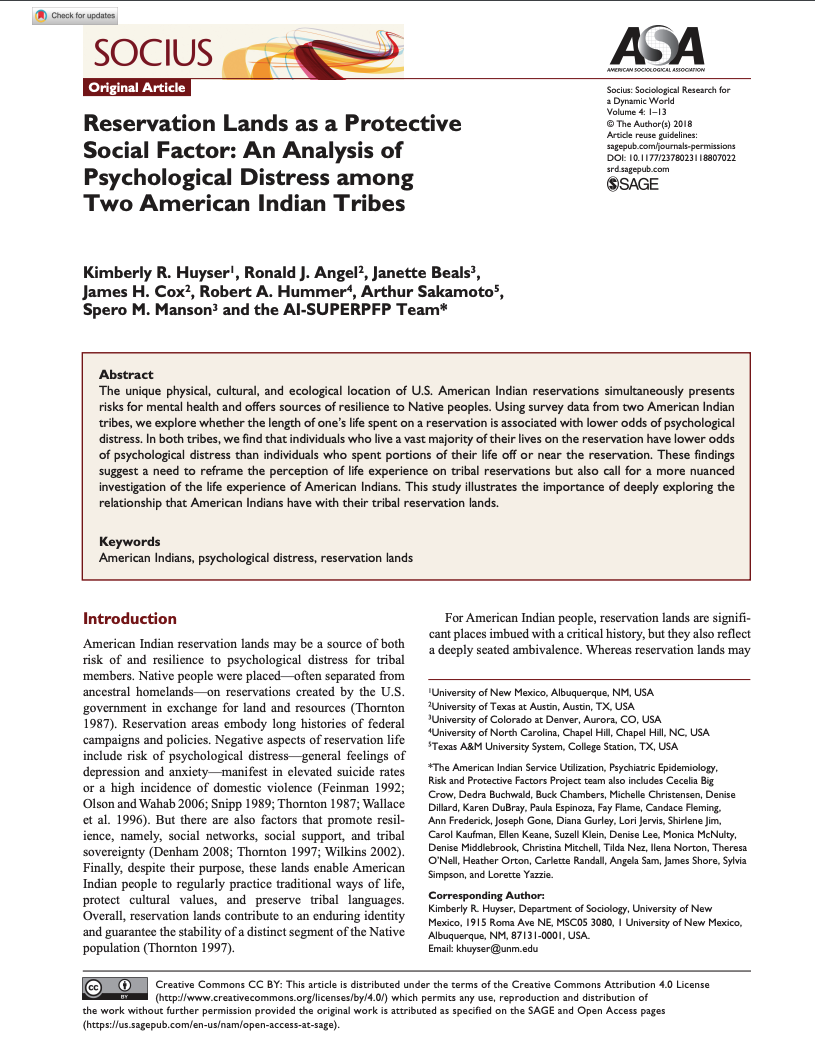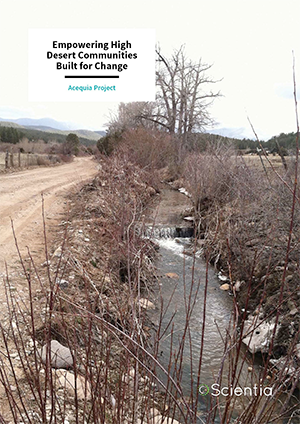Articles
Decolonizing digital accessibility within land/water realities using minimal computing
August 15, 2024
Learning, Media And Technology | ROUTLEDGE Taylor & Francis Group
Mary Rice & Joaquín T. Argüello de Jesús
The purpose of this essay is to conceptualize accessibility in digital education for school children through a minimal computing perspective. This perspective prioritizes the contextual, social, and relational as part of the ethic of minimal computing mantra to consider What. We. Need. To achieve our goals, we begin with a story from a classroom in rural New Mexico, then we problematize definitions of accessibility for computing in educational settings considering how an identification as having disabilities is situated within colonial monolingual/monocultural structures that position minds and bodies as deficient. We connect these structures to capitalistic educational technology movements like using personalized instructional materials that do little to support the identities of children in spaces like the rural Southwest. Finally, we highlight what accessibility might look like as conceptualized from a land/water perspective where children’s connections to their current realities are given precedence.
Reservation Lands as a Protective Social Factor: An Analysis of Psychological Distress Among Two American Indian Tribes
November 12, 2018
Socius: Sociological Research for a Dynamic World Volume 4: 1– 13 ©
srd.sagepub.com SAGE journals
The space in which individuals reside has an important influence on psychological distress. Reservation lands in the United States can be a source of risk of psychological distress for tribal members due to social conditions like high unemployment. But they also may protect against psychological distress through a unique set of social support factors. This study begins to unpack a complex picture of risk and resilience with respect to psychological distress. A key finding is that those who have lived a vast majority of their lives on the reservation have a lower likelihood of psychological distress compared to those who have spent part of their lives off reservation. This finding argues for rethinking the perception of life on tribal reservation lands but also calls for further investigation of the role of place in the life experiences of American Indians overall. This study’s strength in answering the research question is that it adequately represents the tribally enrolled individuals who currently reside on the reservation.
Empowering High Desert Communities Built for Change
November 2018 Scientia
The acequia communities of the southwestern United States build on traditional practices and knowledge to sustain community managed irrigation systems. Interdisciplinary researchers from New Mexico State University, the University of New Mexico, Sandia National Laboratories, and the New Mexico Institute of Mining and Technology worked closely with these communities to understand their resilience and adaptive capacity and to promote wellbeing in the face of emerging threats.


